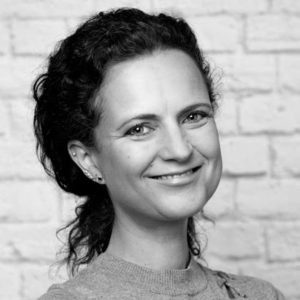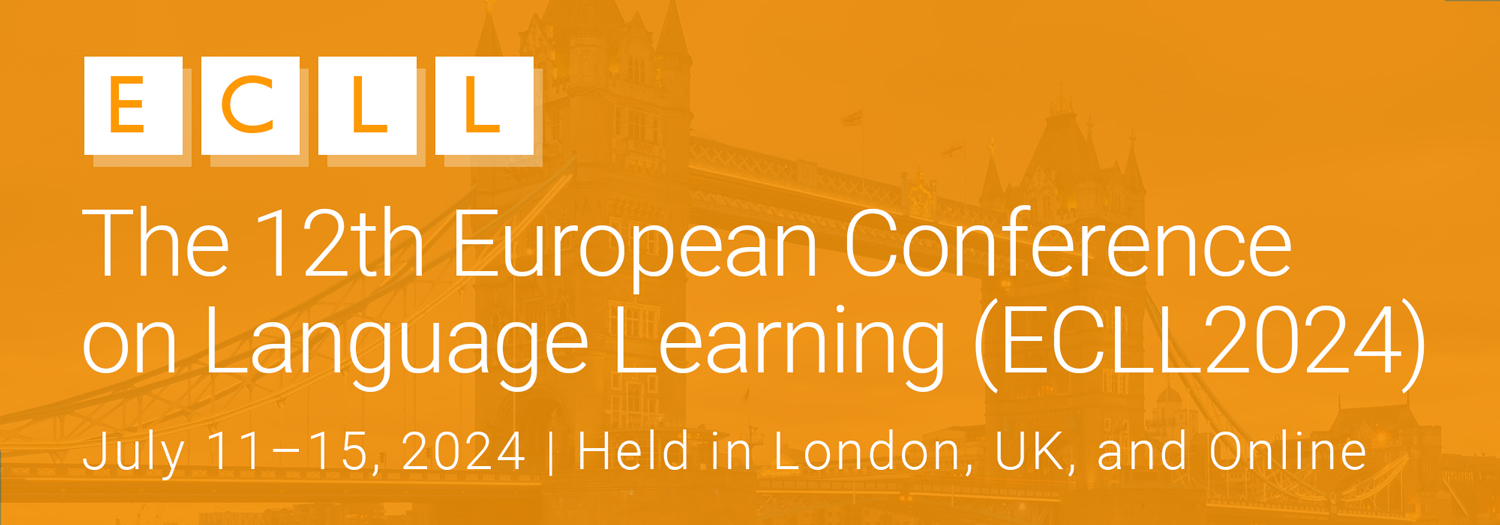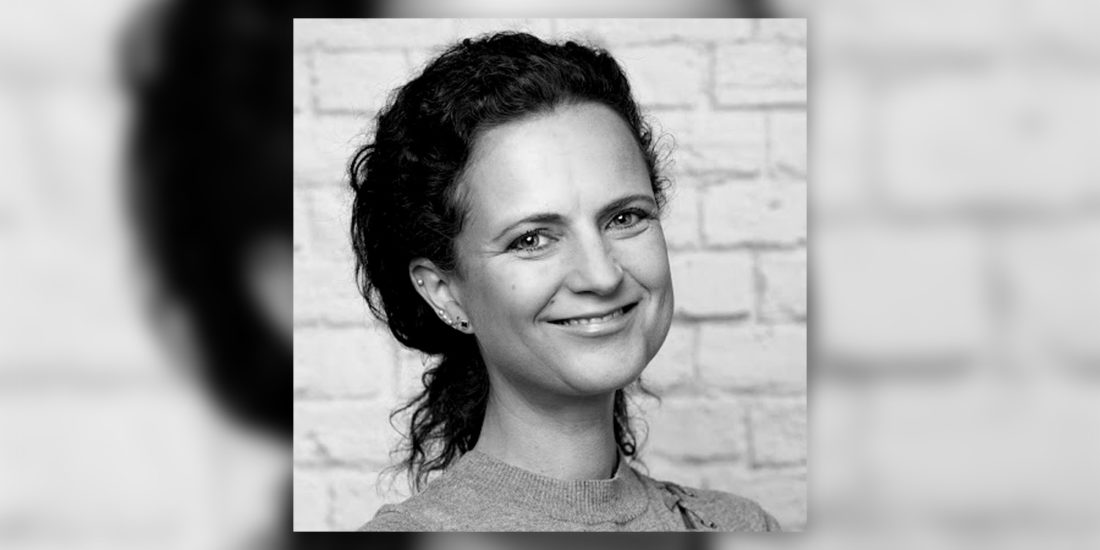Birgit Phillips of the University of Applied Sciences FH Burgenland, Austria, is the first speaker to be announced for The 10th European Conference on Language Learning (ECLL2022), which will be held alongside The 10th European Conference on Education (ECE2022), July 14–17, 2022.
Professor Phillips will be presenting a keynote titled “Building Capacity through Socially Responsible, Community-engaged Higher Education”.
The ECLL/ECE2022 Organising Committee is currently calling for papers to be presented at the event. Submit your abstracts by April 29, 2022 to participate.
To participate in ECLL/ECE2022 as an audience member, please register for the conference.
The presentation will also be available for IAFOR Members to view online. To find out more, please visit the IAFOR Membership page.
Biography
Birgit Phillips
University of Applied Sciences FH Burgenland, Austria

Before joining the world of academia, Birgit spent more than 8 years living, working and travelling, primarily in the countries of the Global South. These experiences inspired her to get involved with international, interdisciplinary humanitarian projects around the world. Recently, she has collaborated with various international organisations to spearhead projects in India, Myanmar and Kenya designed to help create a better life for some of the most marginalised groups of people. Birgit’s experiences in the Global South have profoundly informed her views on education, and she is a strong advocate for active, community-engaged learning experiences integrated within the curriculum. For her work, Birgit has received numerous grants, as well as national and international awards. For her research on transformative travel and identity negotiation, she received the Patricia Cranton Research Award at the Transformative Learning Conference at Columbia University in 2018. She was also awarded the Erudite Scholar of the Year 2020 by the Council for Educational Administration and Management (CEAM) in India, and most recently, she received the Arqus Teaching Excellence Award from the Arqus European University Alliance for her work on community-engaged education.
Abstract
Building Capacity through Socially Responsible, Community-engaged Higher Education
With the planet undergoing a slow-motion ecological catastrophe, and humanity facing a surge in inequality, xenophobia and racism, more and more people are asking difficult questions about the complicity of higher education systems in compounding these issues. Although many universities have acknowledged their pivotal role in making the world a better place by adopting Third Mission statements that pledge their social responsibility, their education paradigms too often remain anchored in a profoundly neoliberal agenda that almost exclusively values competitiveness and employability. Rather than promoting inclusive, global citizenship education and engaging critically with the problems of hegemonial systems, higher education institutions frequently function as silos, where knowledge and learning are seen as commodities whose function is to build narrow competences suited to meeting market demands. Such education reinforces the present widespread inequality brought about by capitalism, rather than working towards greater economic and social justice.
In this presentation, I will begin by examining the prevailing and often contradictory education discourses in Europe. I will look at how we conceptualise education itself, both its intended objectives and its processes, as well as how we view our roles as educators trying to navigate within the contested space of higher education. I will then go on to discuss how universities can help build fairer, more inclusive and democratic societies that provide a dignified life for everyone on the planet. Drawing on critical pedagogies and interdisciplinary theoretical perspectives, I will emphasise the collective dimension of learning, as well as the importance of embracing epistemological diversity and critical literacy in order to foster a democratic ethos which understands education as an instrument for social change. I will argue that such a system of empowered individuals striving towards a shared vision can lead to increased resiliency in learners, educators, institutions, and the communities with which they are engaged. Along the way, I will draw on my own experiences as a practitioner in the field and offer some examples of integrating community-engaged practices into higher education curricula.

